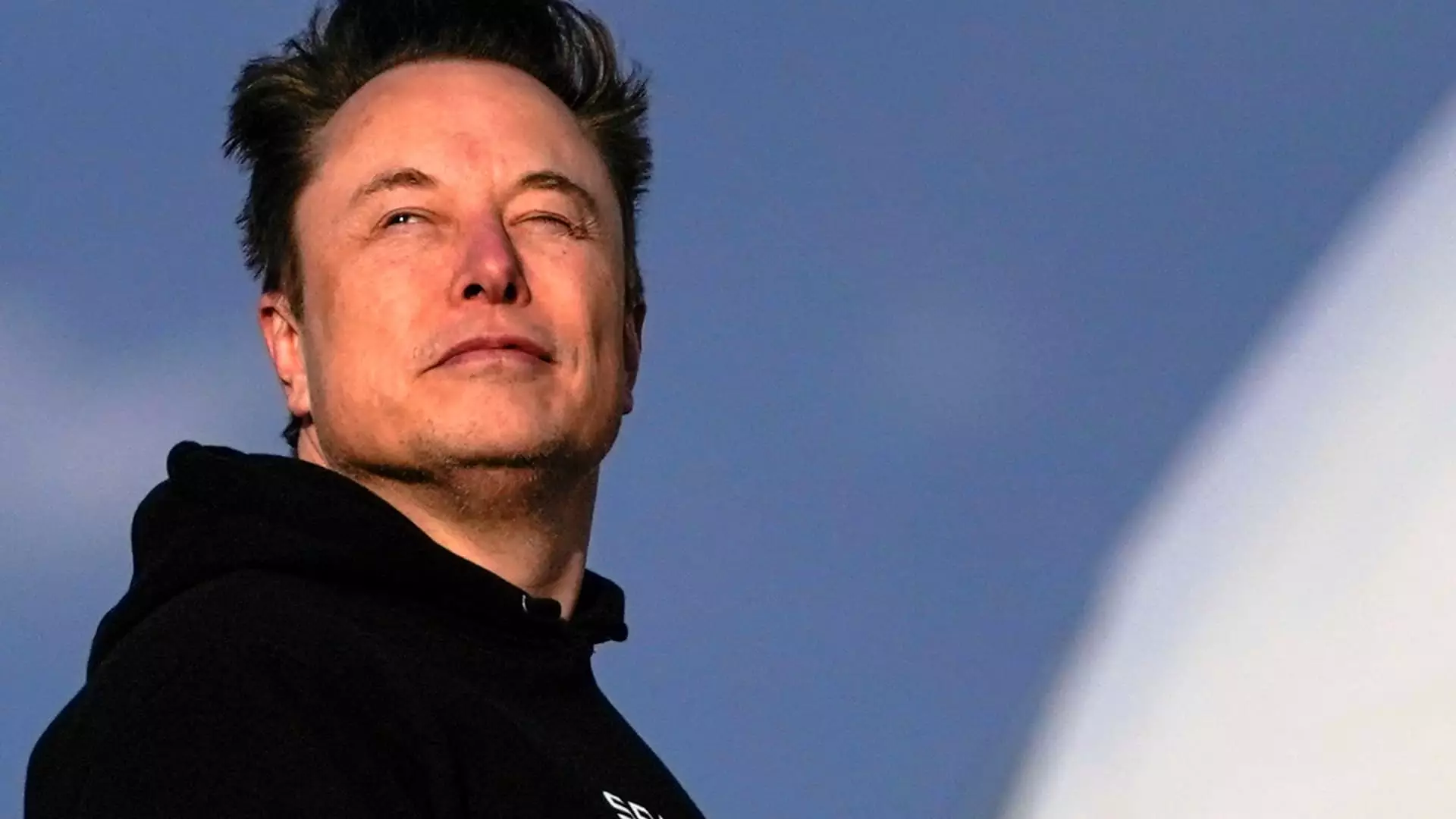The announcement by Elon Musk that his artificial intelligence startup, xAI, will merge with his social networking platform X (formerly Twitter) at an astonishing valuation of $80 billion showcases not only his ambitious vision but also raises significant concerns about corporate governance and accountability. In Musk’s world, the motto often seems to be “move fast and break things,” a maxim that has both enthralled and alarmed investors and the public alike. This merger, valued at a net worth of around $68 billion after debt deductions, leads to a confluence of personal power, corporate networking, and the ever-pressing question: at what cost to the public interest?
Musk’s confidence shines through in his assertion that the futures of xAI and X are “intertwined.” While on the surface, this claim appears as a positive outlook fostering synergy between data, models, and talent, underlying this narrative is a complex web of implications that merit closer scrutiny. The notion that advanced AI capabilities will blend seamlessly with social media’s extensive reach is as much a sales pitch as it is an endeavor rooted in innovation. Yet, one has to consider the potential consequences of consolidation in digital spaces—where power, influence, and ethical queries intertwine ominously.
A Centralized Power Structure
One of the most troubling aspects of this merger is its potential to concentrate power within the hands of Musk, who already commands several powerful companies such as Tesla and SpaceX. The transaction is a stock swap, allowing Musk to further intertwine his interests without any public checks or balances. The implications of such centralized control over platforms affecting billions of lives cannot be understated. Musk, now essentially the overlord of tech, social interaction, and potentially soon, AI, poses a significant risk to the diverging moral and political discourse that is needed in today’s society.
Moreover, the merger raises vital concerns over accountability and ethical considerations. Musk has a history of pushing through projects rapidly, often at the expense of necessary regulatory scrutiny. In the case of xAI’s planned supercomputer in Memphis, environmental advocates have voiced concerns about the rapid pace of development without sufficient public oversight. Here lies the paradox: Musk champions the scientific revolution while simultaneously bypassing public discourse, a dangerous mix that could lead to unforeseen repercussions.
Public Sentiment and Corporate Ethics
This merger also prompts a necessary reflection on the role of corporate responsibility in our increasingly digital world. With Musk at the helm of both companies, the lines become blurred—not just in terms of business, but in the ethical responsibility to the users of both platforms. The integration of AI-driven tools like xAI’s Grok chatbot into a social networking giant could introduce biases and raise questions of information trustworthiness. The reality is, Musk’s successful branding as a visionary entrepreneur must also account for the societal impact of those visions becoming reality.
Public sentiment has already shown a clear divide on Musk’s methods. While his past initiatives have captivated many supporters, it is essential to recognize a growing contingent that expresses skepticism over the concentrated power wielded by billionaires. The fusion of AI with social media may yield innovative results, but it unfolds under a corporate philosophy that often prioritizes growth over ethical boundaries and user safety. A more democratic approach towards technology must include transparency and the limits of corporate interests.
The Political Implications
The intertwining of Musk’s influence with political dynamics compounds the critical discourse surrounding this merger. As someone heavily involved in political fundraising and now positioned at the helm of a government efficiency department, Musk’s ability to influence regulation directly raises ethical questions about conflicts of interest. Merging his entrepreneurial power with political clout could yield benefits for his corporations but at the public’s expense. The very nature of democracy thrives on diverse voices, regulatory bodies, and participatory governance—concepts that stand in stark contrast to an individual amassing influence.
Musk’s latest maneuver is reminiscent of the past where wealth translated into power. However, navigating the waters of public scrutiny today requires a more translucent ethos, particularly within tech sectors where the impacts of decisions are felt widely and deeply. As investors and users alike grapple with the implications of corporate consolidation, the ineffectiveness of systemic checks and balances stands to greatly affect the trajectory of innovation and ethical accountability.
In a world increasingly softened by distraction and disillusionment, bringing parties like xAI and X under one umbrella must not overshadow the imperative to ask questions about governance, ethics, and the broader implications that technology produces in society. It calls for a movement towards defining limits on influence and reiterating the importance of ethical conduct in not just business, but all walks of life.

